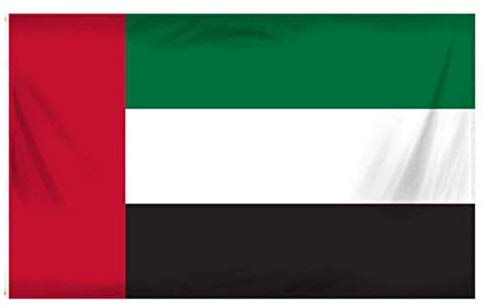At a Glance
- An employment law for the Abu Dhabi Global Market (ADGM) free zone is expected to go into effect on January 1, 2020.
- The law is meant to make the immigration and employment process more flexible for employers in the ADGM, covering topics such as the provision of employment contracts, employment termination and an expanded definition of “employee”.
- Employers should ensure that their internal policies comply with the new law.
The situation
A new employment law for the Abu Dhabi Global Market (ADGM) free zone is expected to go into effect on January 1, 2020, according to an announcement by the ADGM authority.
A closer look
The law is specific to the ADGM and does not apply to other jurisdictions in the United Arab Emirates. The below chart details specific provisions of the new law.
| NEW LAW | CURRENT LAW | IMPACT |
|
Employment contract deadline. An employment contract must be provided by the employer within a reasonable amount of time from the start of the assignment (depending on various factors) but no later than one month after the foreign national commences employment. |
Currently, the deadline for providing the employment contract is two months from the start of the assignment. |
Employers will need to be ready to draft and have their contract finalized sooner. |
|
Shorter termination notice. Employees with at least five years of service with their employer can be notified of their termination 30 days in advance. |
Employees with at least five years of service with their employer must be notified of their termination at least 90 days in advance. |
Employers will not be required to give as much notice when terminating employees. |
|
Clarified definition of “employee”. The term “employee” will refer only to individuals holding an ADGM work permit who are based within or ordinarily working within or from AGDM. |
The current definition of “employee” does not explicitly refer to having an ADGM work permit, or require the employee to be ordinarily working from or within the ADGM. |
The new, more detailed definition lays the grounds for the introduction of the new Temporary Work Permit in the ADGM which is designed for individuals with residence permits sponsored by entities outside of the ADGM. |
The law also covers employment topics such as overtime compensation and other labour-related rules. For guidance on such topics, consult with an employment law specialist in the United Arab Emirates.
Background
- Free zones. Free zones in the United Arab Emirates are special areas designated by the Emirati government with relaxed tax, customs and import regimes. They are governed by regulations that are generally more business-friendly than in other areas of the country. Although the AGDM can create its own employment laws, federal immigration laws apply in the free zones. Employment laws in the AGDM affect foreign and local workers and are therefore relevant in the immigration context.
- Comparison to Dubai International Financial Center (DIFC). The DIFC free zone also recently implemented a new labor law which grants additional protections to foreign nationals, such as a similar deadline for the provision of employment contracts and a structured list of penalties for noncompliant employers.
Looking ahead
This new regulation is another example of the continued clarification of labor laws in the United Arab Emirates in an effort to attract foreign business and investors.
Amendments of labor regulations in DIFC and ADGM have sparked a discussion within the business community about possible changes in federal laws, for example potentially replacing the end-of-service gratuity system with a pension scheme or a retirement savings scheme. Such a scheme is expected to be implemented by the DIFC and possibly by other free zones, including the Jebel Ali Free Zone in Dubai (JAFZA), in the future.
We will report on relevant changes.
Wolfsdorf Rosenthal LLP keeps their clients apprised of immigration resources around the world. Subscribe to our Newsletter to stay in the know about immigration news and resources from around the world. Should you have any questions or for case specific information, please contact a Wolfsdorf Rosenthal immigration attorney or email the WR Global Immigration team Global@Wolfsdorf.com


